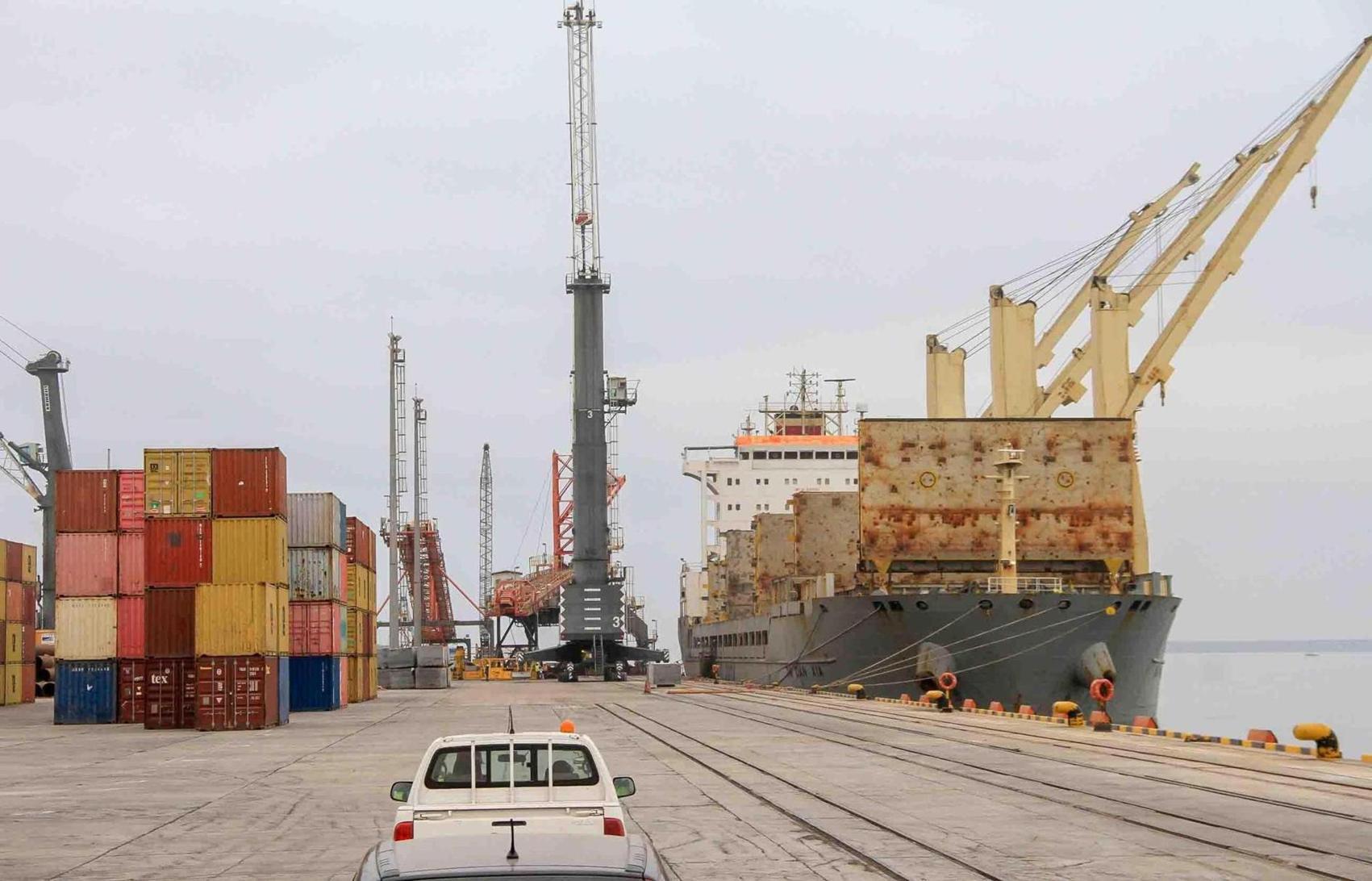Africa-Press – Eswatini. Economists say while Eswatini is geographically distant from the immediate danger zone, the ripples of instability in the Red Sea could have far-reaching consequences for the country’s economy.
This, following the problems in the Red Sea which have led to a 1.3 per cent decrease of global trade and could lead to more inflation as extended shipping times would diminish capacity in the system, driving up prices.
The problems stem from Iran-backed Houthi rebels in Yemen, having launched 25 attacks on commercial vessels in the Red Sea since November, forcing shipping lines to suspend passage through the key trade route and reroute elsewhere.
According to the Guardian, as a result consumers could face higher prices as the disrupted supply chains push up transportation costs for essential goods.
The publication stated that a report by the German economic institute found that the number of containers travelling daily through the Red Sea fell by 60 per cent from 500 000 in November to 200 000 last month.
A local economic expert, speaking on condition of anonymity, shared his thoughts.
He noted that the Red Sea served as a vital conduit for Eswatini’s imports and exports, with goods shipped through ports like Djibouti and Jeddah, connecting the landlocked nation to global markets.
“Disruptions caused by the ship attacks, even if they don’t directly involve Eswatini-bound vessels, can lead to delays, rerouting, and increased insurance costs, inflating the price of imported goods and impacting the competitiveness of Eswatini’s exports,” said the economist.
He further said a significant portion of Eswatini’s fuel imports arrive through the Red Sea.
“Attacks on oil tankers or disruptions in shipping routes could lead to higher fuel prices, adding to the inflationary pressures already being faced by the country,” he said.
The economist further revealed that the attacks could lead to insurance premium hikes.“There will also be rising insurance premiums for maritime travel in the Red Sea, making it more expensive for companies to import goods into the country, potentially leading to decreased trade volumes and impacting businesses that rely on imported materials,” he said.
He stated that exploring alternative trade routes, such as through South African ports, could help mitigate the risks associated with relying solely on the Red Sea.
“Investing in regional infrastructure projects that improve landlocked Eswatini’s access to alternative trade routes could be a long-term solution,” said the economist. He stated that working with other countries in the region and international maritime authorities to enhance security measures in the Red Sea was crucial to deterring future attacks and ensuring the safe passage of vessels.
“Encouraging domestic production of essential goods, particularly food and fuel, could help the country reduce its reliance on imports and lessen the impact of disruptions in international trade caused by external factors,” he said.
For More News And Analysis About Eswatini Follow Africa-Press







